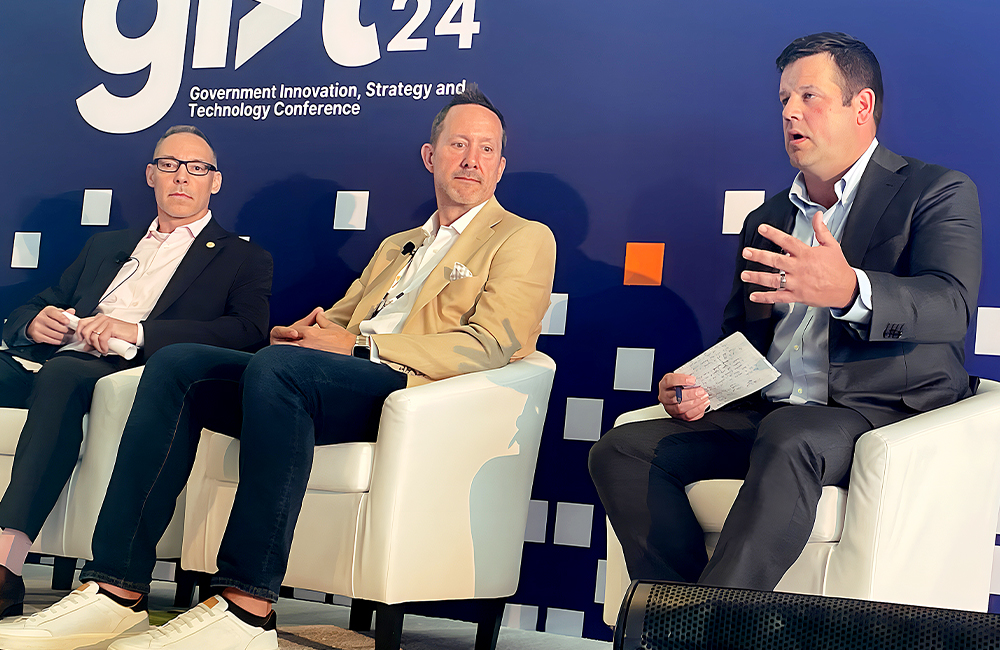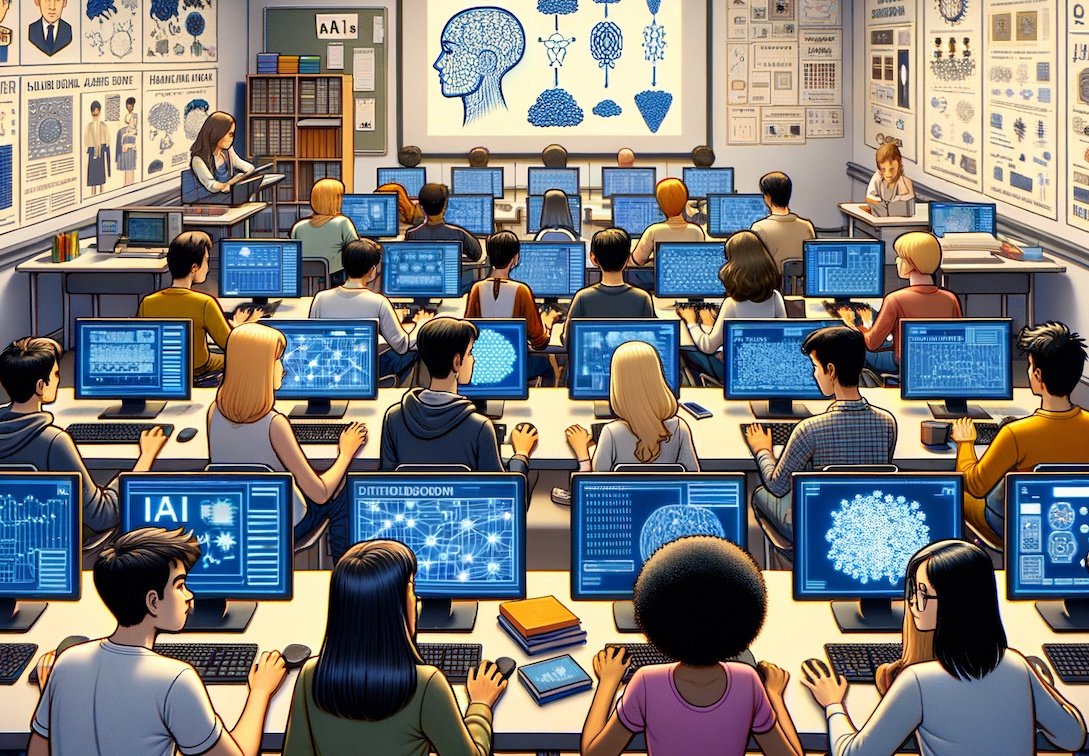Government Pushes Skills-Based Hiring to Close Tech Workforce Gap
The Department of Education is making skills-based hiring a priority to address tech workforce needs in and outside government.

The education ecosystem must establish viable pathways to tech careers as federal IT leaders shift toward skills-based hiring practices, U.S. Department of Education Secretary Miguel Cardona and Rep. Virginia Foxx (R-NC) said at an Axios event Wednesday.
By 2025 the tech industry will see 97 million new roles, according to the World Economic Forum, highlighting the need for skills-based hiring, but government already suffers from a tech workforce shortage. In their September 2022 cyber workforce report, the Cybersecurity and Infrastructure Security Agency (CISA) noted there are 700,000 unfilled cyber jobs nationwide with 40,000 of those in the public sector.
“So, what I’m looking for is an evolution in our schools to really meet the demands of today,” Cardona said. “Between the bipartisan infrastructure law, the CHIPS and Science Act, the Inflation Reduction Act especially the climate provisions of it, there are going to be millions of high skills paying jobs, and careers available to our students into our adults.”
OPM is partnering with the Office of the National Cyber Director (ONCD) to develop workforce strategies and improve skills-based hiring, OPM Deputy Associate Director of Strategic Workforce Planning Jason Barke said during a February event with the Department of Veterans Affairs.
To build upon these efforts, education system must begin taking the right steps to prepare students nationwide for pathways into skill-based careers, Cardona said. This includes schools at every level of education: K-12 institutions, 2-year colleges, and four-year universities.
“In our budget proposal this year, we’re asking for dollars for career connected learning,” Cardona said. “These are exciting opportunities for students. There’s great technology coming and great opportunities.”
The funding will help design institutions that communicate with business and industry partners. “We have to be open and honest. Today’s advanced manufacturing is not your grandfather’s advanced manufacturing, right, that requires coding and computer-aided precision,” Cardona said.
Cardona describes the new approach to education as a mindset shift and said promoting technical education and skills-based hiring is a top priority this year for his agency.
“I’ve spoken to governors red and blue who say, this is what we’re counting on for economic stability in our state, this is going to bring jobs in, this is going to help our students have options, to have better income to then contribute to the economy,” Cardona said.
Cultural stigmas around technical education in America need to be challenged, he added. “Parents in my community feel it’s either Yale or bust. We have to change that,” he said.
While only 30% of Americans have bachelor’s degrees, it is usually frowned upon when one doesn’t attend a 4-year institution.
“The country is being run by 70% of the people who don’t have bachelor’s degrees,” Rep. Virginia Foxx said. “I’ve gotten to the point where I think we need to look at the people who have to go to college as skill-less people, the people who don’t have to go to college have skills, and they can go be successful without getting a bachelor’s degree.”
As Cardona works to increase skills-based hiring, Foxx says employers must play their part and take control of the hiring process and hiring standards.
“I keep telling employers that they need to take control,” Foxx said.
This is a carousel with manually rotating slides. Use Next and Previous buttons to navigate or jump to a slide with the slide dots
-

How TMF is Helping Agencies Accelerate Tech Modernization
The program launched a new AI pilot to expedite TMF applications as agency leaders urge more to consider applying for funds.
4m read -

Defense Board to Pitch Solutions for Closing Tech Talent Gaps
Defense Innovation Board members cite need to modernize people management the same way government modernizes technology.
4m read -

How Agencies are Upskilling the Workforce in AI
Federal officials are putting in place new training and education methods to ensure its overall workforce understands the technology.
3m read -

A Prepared Workforce is Key to Cyber Resiliency
Strong training strategies and emphasizing cyber hygiene basics enhance security practices at federal agencies.
2m read




